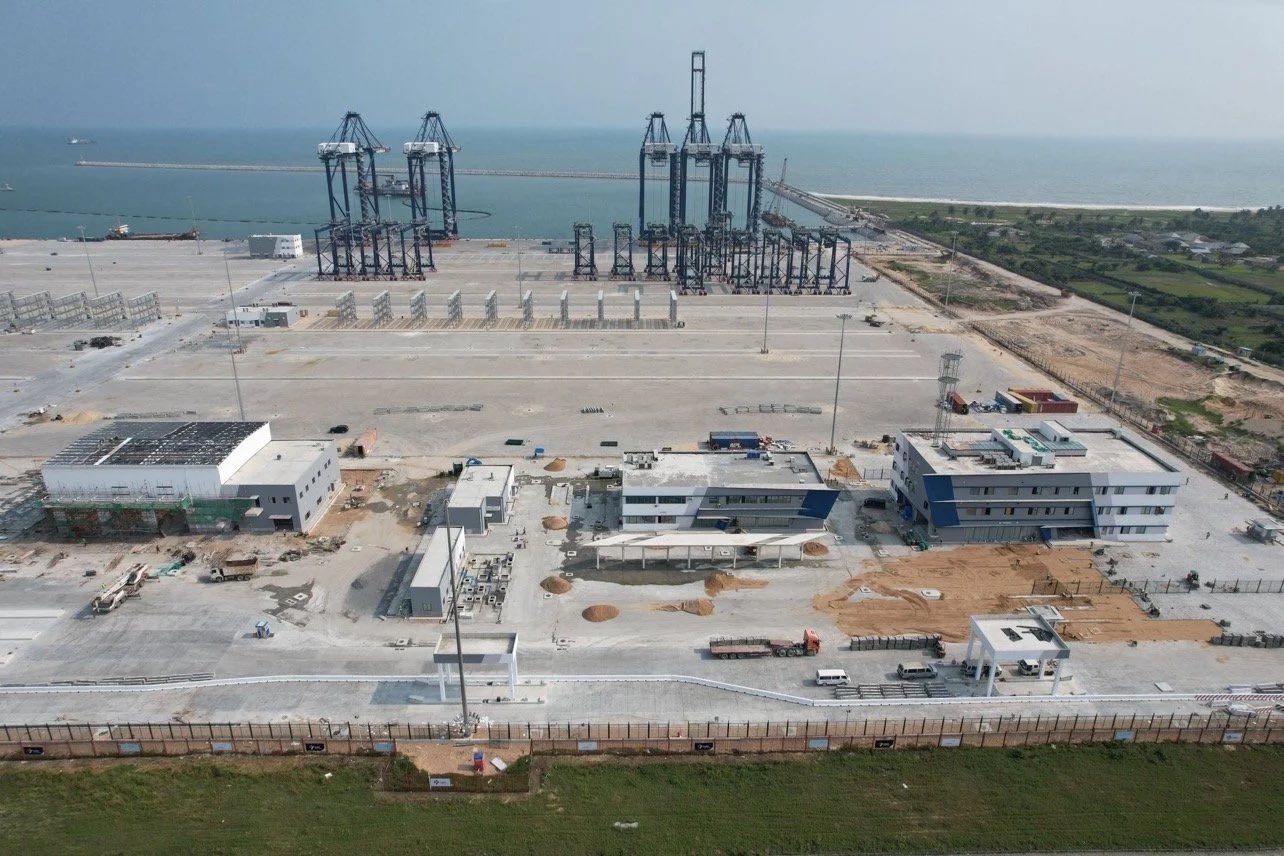- FG Garners $22.4bn Investment in 31 Projects
The Federal Government has said it recorded $22.42 billion worth of investments in 31 projects spread across 22 states of the federation.
This came as the Corporate Affairs Commission (CAC) said it was phasing out manual registration of businesses in its reforms aimed at enhancing ease of doing business in the country.
In a goodwill message presented at a sensitisation programme organised by the CAC for stakeholders in Port Harcourt thursday, the Senior Special Assistant to the President on Trade and Investment, Dr. Jumoke Oduwole, also put capital inflow into the country in the second quarter of the year stood at $1.8 billion, almost a 100 per cent increase from the $908 million recorded in the first quarter of the year.
Oduwole, who is also the Secretary, Presidential Enabling Business Environment Council (PEBEC) attributed the favourable economic indices to improvement in the ease of doing business in Nigeria, adding that improvement of the business climate is at the heart of the government’s reform agenda in order to deepen the country’s economic recovery.
She announced that Nigeria now ranks 145 on Ease of Doing Business as compared to 169 in the last year’s World Bank ease of doing business reforms.
Her words: “The Federal Government is working hard to implement economic recovery plan and to improve macroeconomic conditions, the inflation rate has declined from 18.5 per cent in January to 16 per cent in September.
“It is indeed gratifying that investors are showing a clear sign of renewed interest in the Nigerian economy, for instance, the stock market has rallied about 36 per cent since the beginning of the year till date.
“Between January and August 2017, about $22.42 billion worth of investment has been announced for 31 projects across 22 states.
“Capital inflow into the country has almost doubled from $908 million in the first quarter to $1.8 billion in the second quarter of 2017.”
She also commended the efforts of the CAC in creating an enabling environment for ease of doing business in line with global best practices.
In her address, the acting Registrar-General of CAC, Mrs. Azuka Azinge, stated that the commission already stopped manual registration of business in eight states and would add 10 more states to the list before the end of the year.
She also said in line with the Federal Government’s ease of doing business drive, the registration and incorporation of companies, business names and incorporated trustees with the Commission now takes only one day.
The Commission also said that eight states are now registering business entities online from start-to-finish, while additional 10 states would also be upgraded to carry out online registration before the end of 2017.
She explained that the reforms being carried out by the commission has brought about the reduction in registration time, registration process, cost reduction as well as comfort and conveniences for clients.
Azinge also announced that the Commission has extended its working hours nationwide from 9 am to 7 pm, which, according to her means that every application submitted by clients are being tackled before the end of each day.
She said: “With the company registration portal, the Commission’s registration services are now available online 24/7, any member of the public can start and complete business registration from the comfort of their homes and offices.
“The Commission has also extended its working hours to 7.00pm Monday-Friday in eight of its offices, Abuja, Lagos, Enugu, Port Harcourt, Kaduna and Kano; in these states, registration services can only be done online as manual registration has been phased out since May 2017.
“The Commission plans to phase out manual registration in 10 more state offices nationwide namely, Ilorin, Abeokuta, Ibadan, Uyo, Asaba, Lokoja, Bauchi, Sokoto, Jos and Owerri within the next few weeks.”
The CAC boss also emphasised that the commission would not rest on its oars in simplifying registration processes and at a cheaper cost, adding that commission now has a dedicated help desk to attend to all forms of enquiries and complaints every working day.
“At the moment, you can do it yourself, by visiting our website, services.cac.gov.ng; any member of the public wishing to confirm the legal status of Nigerian companies they wish to deal with can also visit the Commission’s public search on publicsearch.cac.gov.ng,” she said.


 Forex4 weeks ago
Forex4 weeks ago
 Naira3 weeks ago
Naira3 weeks ago
 Billionaire Watch3 weeks ago
Billionaire Watch3 weeks ago




 Naira3 weeks ago
Naira3 weeks ago








 Naira3 weeks ago
Naira3 weeks ago


 Naira2 weeks ago
Naira2 weeks ago








 Naira2 weeks ago
Naira2 weeks ago








 Naira4 weeks ago
Naira4 weeks ago























